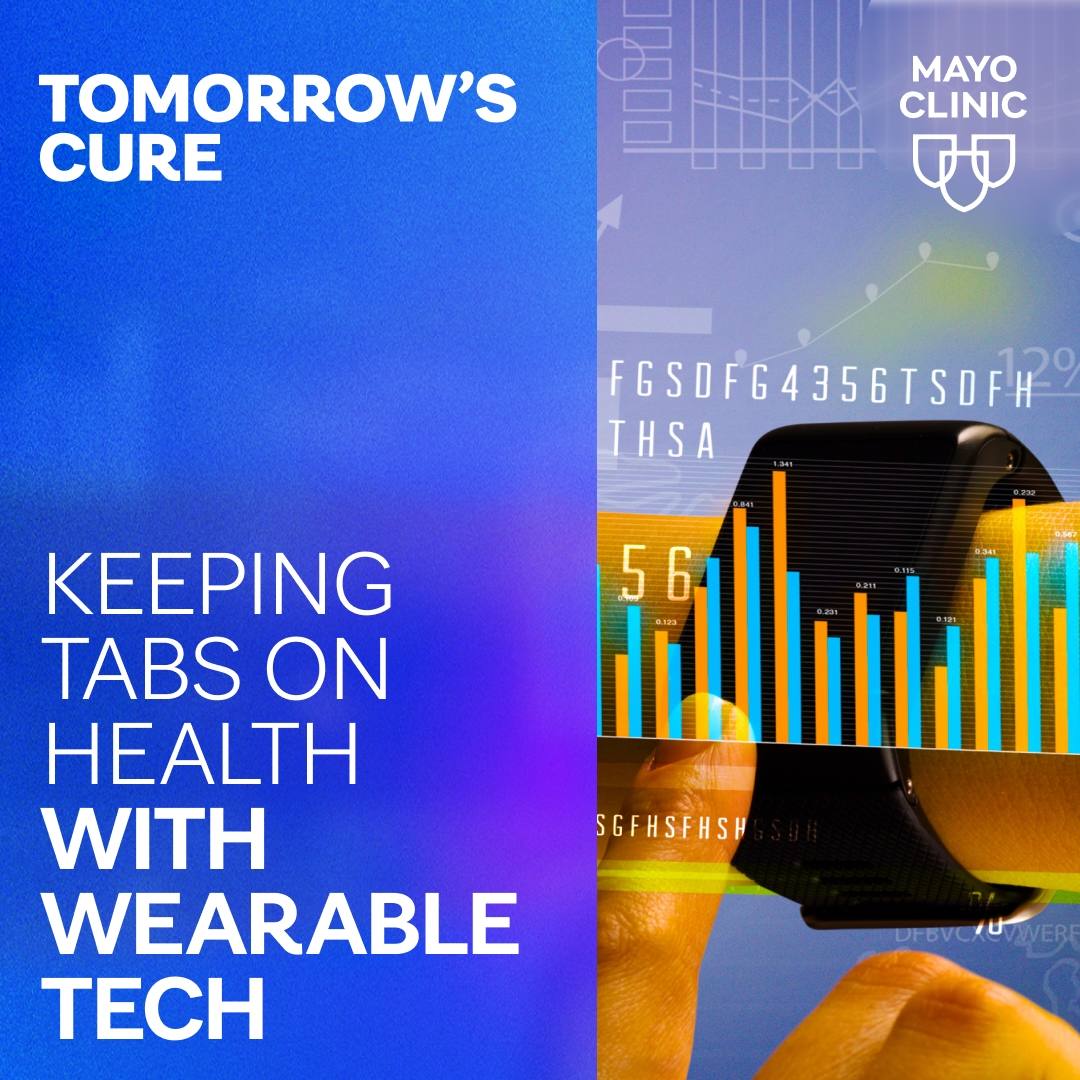-
Racism influences medical students’ decision on practicing in minority or underserved communities, study says

ROCHESTER, Minn. — A longitudinal study of 3,756 U.S. medical students provides evidence that racism in medical schools influenced their decisions on whether to practice in minority or underserved communities.
"Structural racism is deeply embedded in all areas of society, and medical education is no exception," according to the study in the August issue of Academic Medicine.
To examine the effect of racism in medical school, researchers surveyed students at 49 unidentified U.S. medical schools in their first semester and again in their final semester.
"This study provides evidence that racism manifested at multiple levels in medical schools was associated with graduating students' decisions to provide care in high-need communities," the article concludes. "Strategies to identify and eliminate structural racism, and its manifestations in medical school are needed."
The publication is the latest of more than 30 articles to present findings from the Medical Student Cognitive Habits and Growth Evaluation Study (CHANGES), the first longitudinal survey study of the effects of medical education on students' biases and attitudes over time.
The national study is being conducted by Oregon Health & Science University in collaboration with Mayo Clinic's Research Group on Equity and Inclusion in Health Care, Yale University and the University of Minnesota.
To limit the scope, the study focused on attitudes toward African Americans, although CHANGES explored attitudes about other groups, as well, explains first author Sean Phelan, Ph.D., a Mayo Clinic health sciences researcher.
"I hope the study will spark change," Dr. Phelan says. "I would like to see more conversation about diversity and inclusion in curriculum and the need to make changes in medical training to minimize racism and bias."
The multidisciplinary team hypothesized that three factors might reflect bias in medical education, and the results indicate that all three predicted whether students changed their minds on wanting to work in an underserved area or in a primarily minority community:
- School curricula and policies can create an unintended, structural type of racism if they lack or don't require content on cultural awareness, racial disparities and bias, or provide experience with service learning. "We suggest that, within medical education, the types of courses that medical schools require and the information that they prioritize for training new physicians can critically shape students' interest in practicing in underserved areas," Dr. Phelan says.
- School culture and climate, including behaviors exhibited by faculty and attending physicians, represent a hidden curriculum on acceptable or normal ways to interact.
- Individual student attitudes and behaviors tended to change over four years of medical school. Students' negative racial attitudes at matriculation were associated with decreased intention to practice with underserved or minority populations at graduation, while students who had more interactions with black students, faculty and allied health staff, and considered those interactions favorable, were more likely to choose to practice in a black community.
The team found that racism at the structural or cultural level may reinforce a belief in social hierarchy and dissuade students from a career focused on caring for those perceived to be lower in that hierarchy. However, among students who initially intended to work with minority populations, those who witnessed examples of discrimination in medical school were more likely to stay committed to that path.
The researchers highlight intervention strategies:
- Service learning experiences and a curriculum focused on improving minority health were associated with increased intention to practice in underserved communities.
- A curriculum focused on minority health and disparities, students' perceived skill at developing relationships with minority patients, a higher proportion of minority students at the school, and awareness of interracial tension in the medical school environment were associated with increased intention to care for minority patients.
"We've been following this cohort for a long time to understand how their experiences in medical education influence the predictors of potentially biased care," says Michelle van Ryn, Ph.D., the principal investigator. Dr. Van Ryn is the distinguished professor at Oregon Health & Science University's School of Nursing and former director of Mayo Clinic's Research Program on Equity and Inclusion in Health Care. "These findings suggest that medical education leaders can take action to affect students' decisions to work with underserved populations."
CHANGES began nearly 10 years ago. Additional surveys were conducted in the second and fourth years of residency. The final survey will be administered five years after medical school. To avoid influencing responses, the team delayed publication of findings until after students graduated from medical school.
Other co-authors from Mayo Clinic are Liselotte Dyrbye, M.D., Richard White, M.D., and Kristin Harden.
The research was funded by the National Heart, Lung, and Blood Institute.
The authors report no conflicts of interest.
###
About Mayo Clinic
Mayo Clinic is a nonprofit organization committed to clinical practice, education and research, providing expert, comprehensive care to everyone who needs healing. Learn more about Mayo Clinic. Visit the Mayo Clinic News Network.
Media contact:
- Jon Holten, Mayo Clinic Public Affairs, 507-284-5005, newsbureau@mayo.edu







